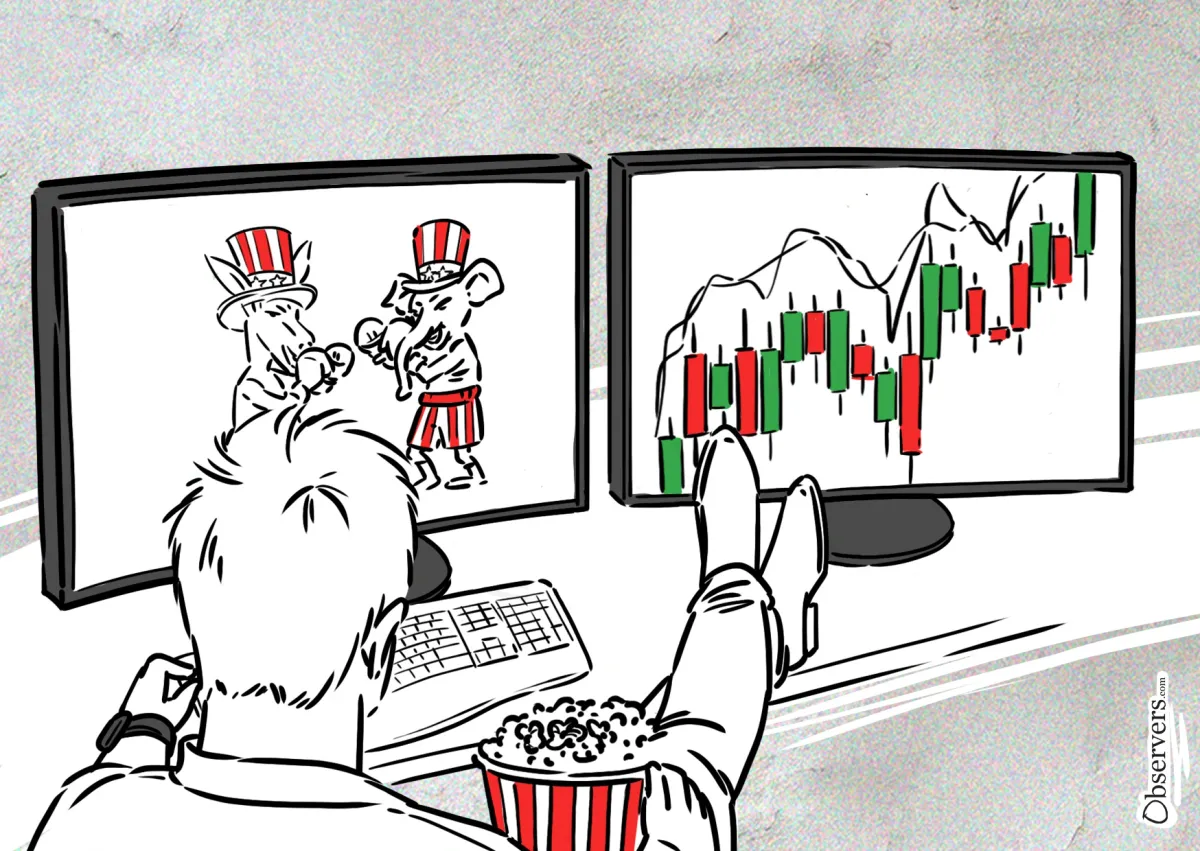
The meme-coin Jeo Boden ($BODEN), a cryptocurrency inspired by the current president of the United States, now running for reelection, reached as high as 0.95 cents of a dollar on Thursday, April 11, becoming the fourth largest meme-coin on the Solana blockchain.
At 0.0003 cents, the Joe Biden-inspired crypto was minted for the first time on March 4 - eight months before the largest economy in the world holds its presidential election. Former U.S. president and presidential candidate Donald Trump also has at least two meme-coin projects associated with his name - Doland Tremp ($TREMP) and Danold Tromp ($DANOLD).
Boden, Tremp, and Danold are part of the emerging trend within the meme-coin mania of creating and trading caricature tokens of celebrities and world leaders.
Jesus Christ has ($JESUS), U.S. Senator Elizabeth Waren has elizabath whoren ($WHOREN), Barack Obama is now Berik Obema, and Andrew Tate has become Androo Tete. The face of China’s President Xi Jinping has been mixed with the body of Winnie The Pooth in meme-coin XI JINPOOH (JINPOOH) since June 2023.
While some tokens have been created just for laughs, others are proving to be more than items of financial speculation by shining a light on political issues.
For example, a meme-coin of Russian President Vladimir Putin, chadimir putni ($PUTNI), was trending last month as the country held elections. The project is openly critical of Putin’s autocratic rule, condemned the Russian-Ukrainian conflict, and joined in on accusations the elections in Russia were rigged.
Boden, too, is a highly critical project. Through the use of diapers in their depictions of Joe Biden, the project keeps front and center the debate around the U.S. president’s advanced age and alleged dementia.
In her taxonomy of meme-coins, Li Jin, partner at Ventures, calls these tokens event-based meme-coins, defining them as “tokens that are catalyzed by current events, blending the line with prediction markets, serving as a proxy for the popularity of an idea or a person.”
People’s discontent with their leaders is a cultural asset that political opponents have always tried to weaponize in their favor. However, direct monetization by people themselves, as happens with meme-coins, has never been possible.
These projects prove that the funny tokens are more than nihilistic investments of a degen generation. Instead, meme coins are part of a trend towards the tokenization of everything facilitated by the growth of decentralized finance.
Propelled by events of national and sometimes international relevance, cultural assets that were before immaterial now have a price tag and can be traded on crypto markets. Meme-coins, once innocuous projects with no utility, are fast becoming degen investors' new political weapon.

